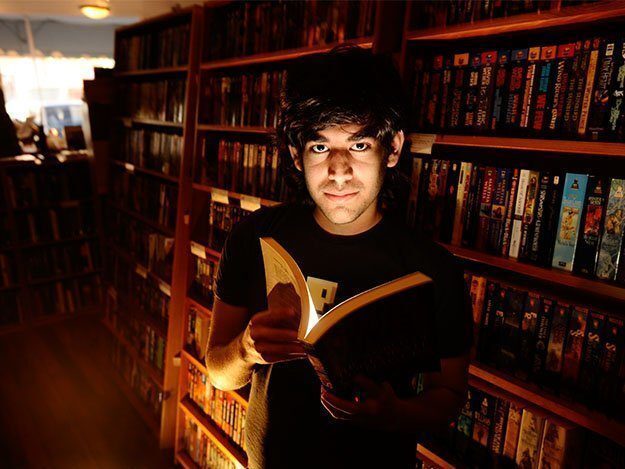[…]Lurking is the quiet watching/listening that what many people of the web do in chat rooms in order to begin gauging culture, learning jargon or lingo, and other community norms or unspoken principles before diving in to interact on a more direct level with other participants. While the word lurking can have a very negative connotation, online it often has a much more positive one, especially in regard to the health and civility of the commons. […]
Posts like these make me happy to be part of the Indieweb community. I have vivid memories of the late 90’s and early 00’s when things like RSS, comments, Atom, blogrolls and other sorts of blog-pieces were coming together. People were just figuring this stuff out, not companies. It all happened bottom-up, trying to fix…

